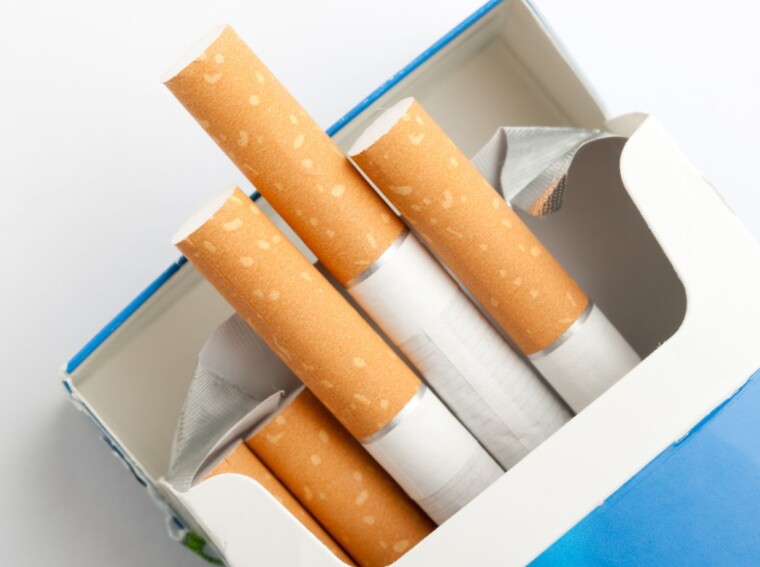Getting a tooth pulled can be an uncomfortable experience, and many patients are eager to resume their normal routines as soon as possible. One common question that arises is whether it is safe to smoke through the nose after having a tooth extracted. In this article, I’ll provide you with expert advice on this matter and shed light on what you need to know.
Smoking through the nose may seem like a creative solution to avoid using your mouth while enjoying a cigarette or other tobacco products. However, it’s important to understand that any form of smoking can have adverse effects on your oral health, especially after dental procedures. While smoking through the nose may minimize contact with the extraction site initially, it still exposes your mouth and throat to harmful chemicals that could hinder healing and increase the risk of complications.
As we delve deeper into this topic, I’ll discuss why smoking should be avoided altogether after getting a tooth pulled and provide alternative suggestions for managing nicotine cravings during your recovery period. Let’s explore how smoking affects post-extraction healing and discover healthier options that will aid in your overall oral health journey.
Can I Smoke Through My Nose After Getting a Tooth Pulled
The Healing Process After Tooth Extraction
When you undergo a tooth extraction, it’s important to understand the healing process that your body goes through. Immediately after the procedure, a blood clot forms in the socket where the tooth is removed. This blood clot acts as a protective barrier and helps in the formation of new bone and gum tissue.
In the first 24 hours, you may experience some bleeding and swelling around the extraction site. It is normal to feel some discomfort during this time, but it should gradually subside over the next few days. The healing process will vary from person to person, but generally, it takes about 7-10 days for soft tissue healing to occur.
Understanding the Impact of Smoking on Healing
Smoking can have a detrimental effect on your body’s ability to heal properly after tooth extraction. The harmful chemicals present in cigarettes can impede blood flow and reduce oxygen levels in your bloodstream. This can significantly slow down the healing process and increase the risk of complications such as dry sockets.
A dry socket is a condition where the blood clot dislodges or dissolves prematurely from the extraction site before proper healing has occurred. It can be extremely painful and delay overall healing time. Smoking also increases your chances of developing infections at the surgical site due to compromised immune function.

The Impact of Smoking on Post-Extraction Healing
Potential Complications of Smoking After Tooth Extraction
When it comes to the impact of smoking on post-extraction healing, there are several potential complications to consider. Smoking can significantly hinder the healing process and increase the risk of developing complications such as:
- Dry Socket: One of the most common complications associated with smoking after tooth extraction is a dry socket. This occurs when the blood clot that forms in the socket where the tooth was pulled becomes dislodged or dissolves prematurely. Smoking introduces heat and chemicals into your mouth, which can disrupt proper blood clot formation and delay healing.
- Delayed Healing: Smoking also slows down the overall healing process. The nicotine and other harmful substances present in cigarettes restrict blood flow, decrease oxygen levels, and impede nutrient delivery to the surgical site. As a result, it takes longer for tissues to repair themselves and for you to fully recover from your extraction.
How Smoking Affects Blood Circulation in the Mouth
Smoking has a significant impact on blood circulation in your mouth, which directly affects post-extraction healing. Here’s how:
- Vasoconstriction: The chemicals in cigarettes cause vasoconstriction – narrowing of blood vessels – making it harder for oxygen-rich blood to reach damaged tissues in your mouth. Without sufficient oxygen supply, wounds heal more slowly, increasing the risk of infection and other complications.
- Impaired Immune Response: Smoking weakens your immune system’s ability to fight off infections effectively. This means that even minor oral infections can become serious issues following a tooth extraction if you continue smoking during recovery.
In conclusion, each individual heals differently following a tooth extraction procedure; therefore, it’s important not to rely solely on general information found online. By consulting your dentist, you’ll receive personalized advice that prioritizes your oral health and helps ensure a smooth recovery process.

